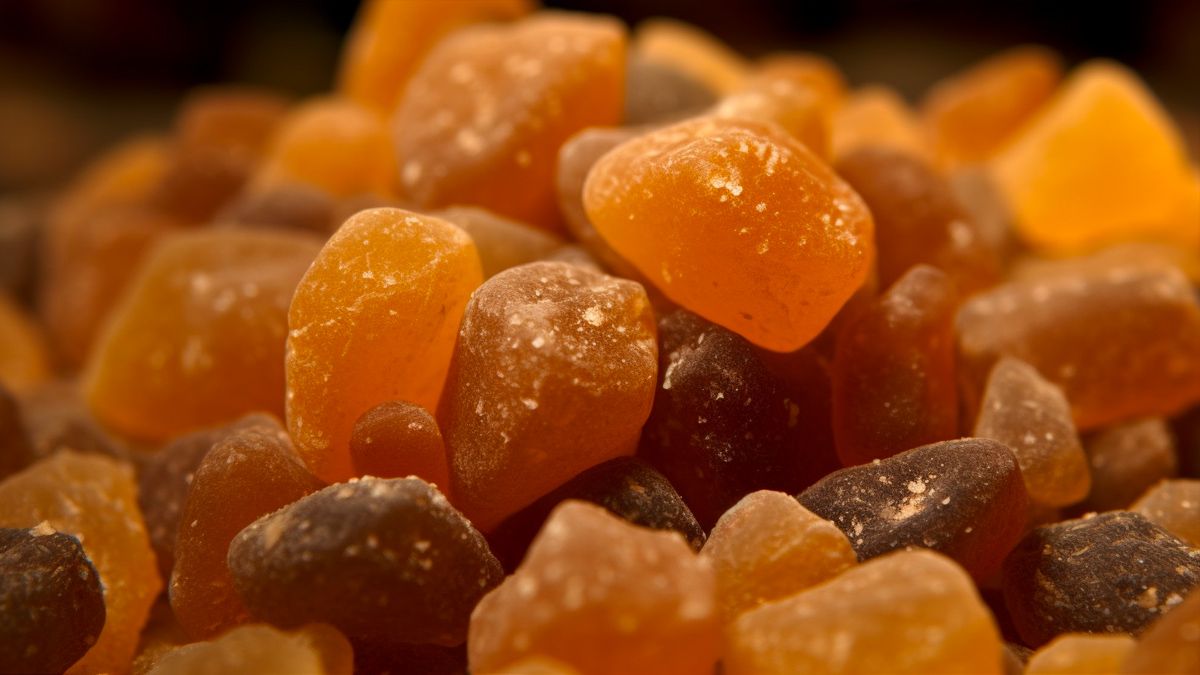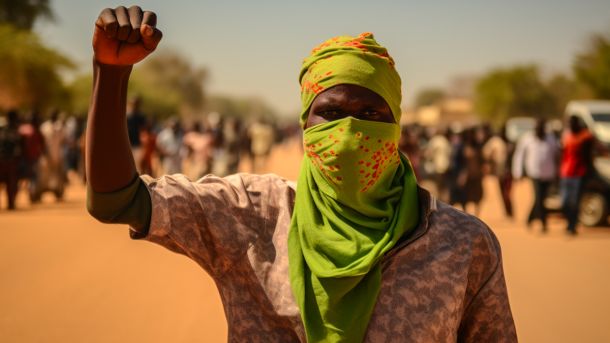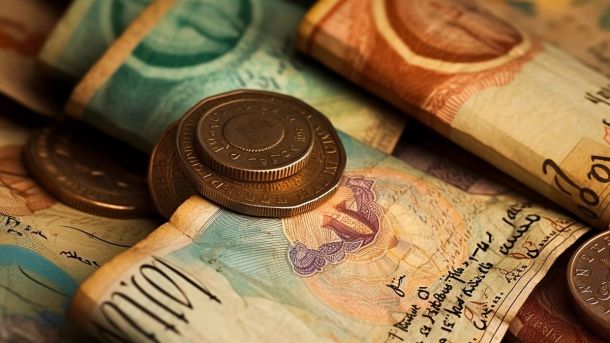Sudan crisis endangers gum arabic supply, a crucial element for sodas and confectionery

Advertisement
However, previous conflicts were generally localized in isolated regions like Darfur. This time, the capital Khartoum has been paralyzed by fighting that broke out on April 15, crippling the economy and disrupting basic communications.
“Depending on the duration of the conflict, there could be repercussions on finished products on the shelf – branded products made by household names,” said Richard Finnegan, head of purchasing at Kerry Group, a supplier of gum arabic for most major food companies.
Finnegan estimates that current stocks will run out in five to six months, a view shared by Martijn Bergkamp, a partner at Dutch supplier FOGA Gum, who estimates between three and six months. Global production of gum arabic is about 120,000 tons per year, worth $1.1 billion, according to estimates cited by Kerry Group.
Twelve exporters, suppliers, and distributors contacted by Reuters said the trade in gum, which helps bind food ingredients and beverages, has come to a halt. It is currently “impossible” to obtain additional gum arabic in rural areas of Sudan due to unrest and roadblocks, said Mohamad Alnoor, who runs Gum Arabic USA, which sells the product to consumers as a dietary supplement.
Read also: New Malaria Vaccine Nearing Approval in Africa
Searching for alternatives and consequences for the industry
Companies are looking for alternative countries to source gum arabic. Alwaleed Ali, owner of AGP Innovations Co Ltd, a gum arabic export company, said he sells the gum to Nexira SAS, based in Rouen, France, and Ingredion Inc, based in Westchester, Illinois, two major ingredient suppliers for manufacturers of products such as pet food, soft drinks, and nutrition bars.
An Ingredion spokesperson said in an email: “We have put proactive measures in place across our business to ensure supply continuity for our customers.” PepsiCo declined to comment on supply chain and raw material issues, while Coca-Cola did not respond to a request for comment.
“For companies like Pepsi and Coke, they cannot exist without having gum arabic in their formulations,” said Dani Haddad, marketing and development director at Agrigum, a leading global supplier.
In their manufacturing process, food companies use a powdered version of the gum, according to industry sources. Although cosmetic and printing manufacturers can use substitutes, there is no alternative to gum arabic in soft drinks, where it prevents ingredients from separating.
Due to its importance for the consumer goods industry, gum arabic has been exempt from U.S. sanctions against Sudan since the 1990s, both because it is an essential raw material and for fear of creating a black market. Gum arabic is extracted from acacia trees by Sudanese nomads, then refined and packaged throughout the country. It represents the livelihoods of thousands of people, and the most expensive variety can cost about $3,000 per ton, according to Gum Sudan.
This article was written based on information provided by Reuters news agency here.
Advertisement
Read next in World

International Investors Demand Concrete Steps to Restore Confidence in Chinese Real Estate Industry

West African Countries Impose Sanctions on Niger Following Coup

Turkish currency collapses by 7%, reaching an unprecedented level






